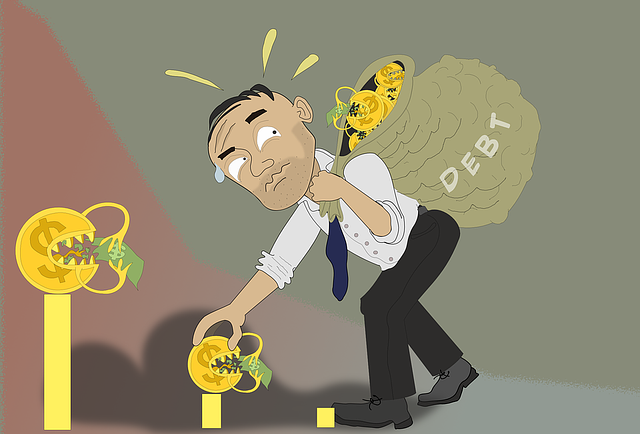Are you drowning in yesteryear’s debt? You are probably pessimistic about your financial future. Eventually, all these bills may push you to your boiling point. When this happens, a fresh start is essential.
Start by being aware of the reasons why your pile of debt exists. Then, do the necessary actions to eliminate it.
YOU ARE ADDICTED TO SHOPPING
Whether you call it shopping addiction or retail therapy, you simply cannot control your spending habits. It is harmful to associate your power and confidence with material possessions. Acquiring a new designer purse may give you short-term happiness, but its price tag may bite you in the long run. At some point, your addiction may turn into financial piles of debt.
Furthermore, our society has a skewed view of what we can afford. For instance, it encourages you to purchase something as long as you can pay off the minimum amount (i.e., when purchasing a car). This mindset may take you to financial regret. You will end up spending more on a monthly or quarterly basis. Instead, do not buy things that you cannot pay for in cash.
YOUR PARTNER IS NOT ON-BOARD
Mixing finances with relationships is complex, especially if you do not see eye to eye. Differences in spending habits and financial beliefs may cause conflicts when not addressed. One of you may be fully committed to being debt-free and practical, while the other spends carelessly. To make this relationship work, you and your partner must come to terms.
In matrimony, it is solely not your money or “their” money. It is “our” money and “our” debts. You are on the same team. Please start acting like one! Plan how you will pay off each other’s debts per month.
YOU ARE UNWILLING TO SACRIFICE
One of the quickest ways to reduce debt is to cut down your expenses. If you are unwilling to sacrifice some of your wants, you will not be able to thrive. How could you possibly justify eating out four nights a week? Do you really need a cable and Netflix subscription?
When stuck in debt, you must be willing to make temporary and permanent lifestyle changes. Ask yourself on what you are willing to give up in order to build a better financial future. Or, you may start by eliminating temporary expenses.
YOU WANT TO KEEP UP WITH OTHERS
Sometimes, the social circles we expose ourselves into can dictate how we lead our lives. Constantly keeping up appearances or doing things for Instagram posting may be costly!

Image Credits: pixabay.com
Yes! Your friend just had a Euro trip with her boyfriend. However, that does not mean that you have to sacrifice your credit to do the same. Following the lifestyle of others may lead you to debt or bankruptcy. You know your financial limitations more than anyone else. Be your own critique when it comes to your spending habits.






